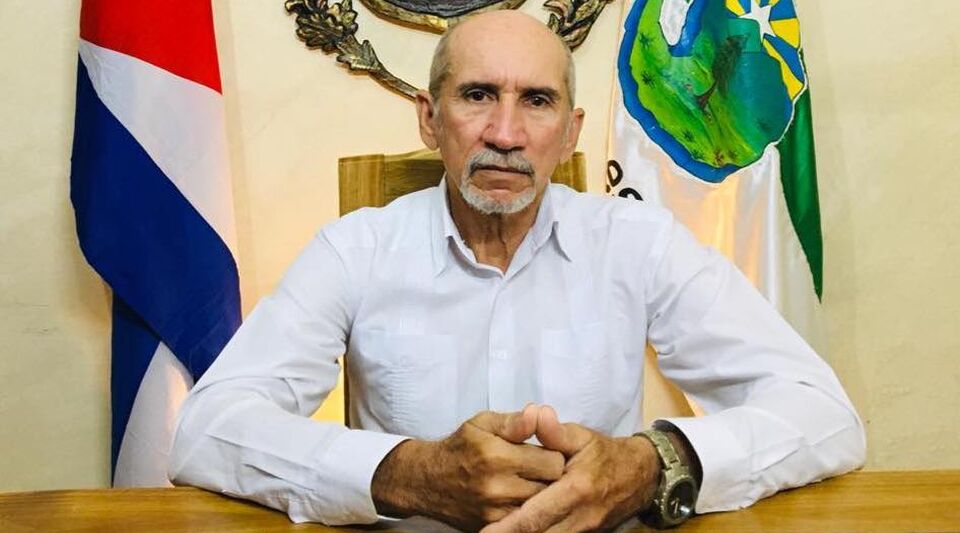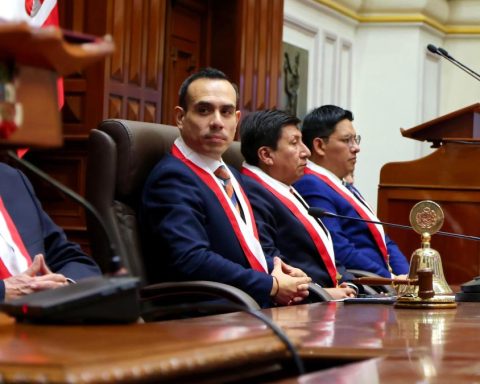Bank of America (Bank of America) raised to 8% its forecast about how far the Bank of the Republic will raise their interest rates from a previous estimate of 7.5%, due to “challenging inflationary conditions“, the economist Alexander Müller wrote in a note.
(See: Taxes and subsidies, axes of the changes urged by the OECD).
The economist forecasts an increase in 100 basis points in February, in a rate decision outside the regular schedule of monetary policy decisions, with perhaps a couple of board members (out of seven) voting for 150 basis points.
In January, the Banco de la República raised its interest rate by 100 basis points, to 4%.
(See: Lower dynamics of consumption is already noticeable due to high inflation).
Annual inflation of almost 7% in January (6.94%) was driven by the end of VAT-free days, the reversal of the so-called 8% impoconsumo in restaurants, price indexation and pressures on the costs of food.
For Mueller, inflation would end 2022 at 5.8% vs. 4.8% previously, and would reach, at the end of 2023, a level of 4.4%, revised from 3.7%.
“We believe that core inflation will continue to rise in the coming quarters, pressured by indexationsaid the economist.
(See: Villar: food inflation would drop in the second quarter).
The expert points out that basic inflation in February will increase considerably due to increases in education costs, especially since classes will be face-to-face for the first time since the pandemic began.
However, he considered that the impulse of core inflation should slow down in March, when the next day without VAT.
“It is difficult to explain why food inflation is so high – almost 20% year-on-year – and shows no change“, he asserted, while pointing out that, currently, it is even mhigher than in 2016, when Colombia suffered the climatic phenomenon El Niño, a truckers’ strike and a sharp drop in the peso.
(See: The OECD estimates that Colombia’s GDP will grow 5.5% in 2022).
The expert said that he does not see that the food deflation happen quickly.
BLOOMBERG

















